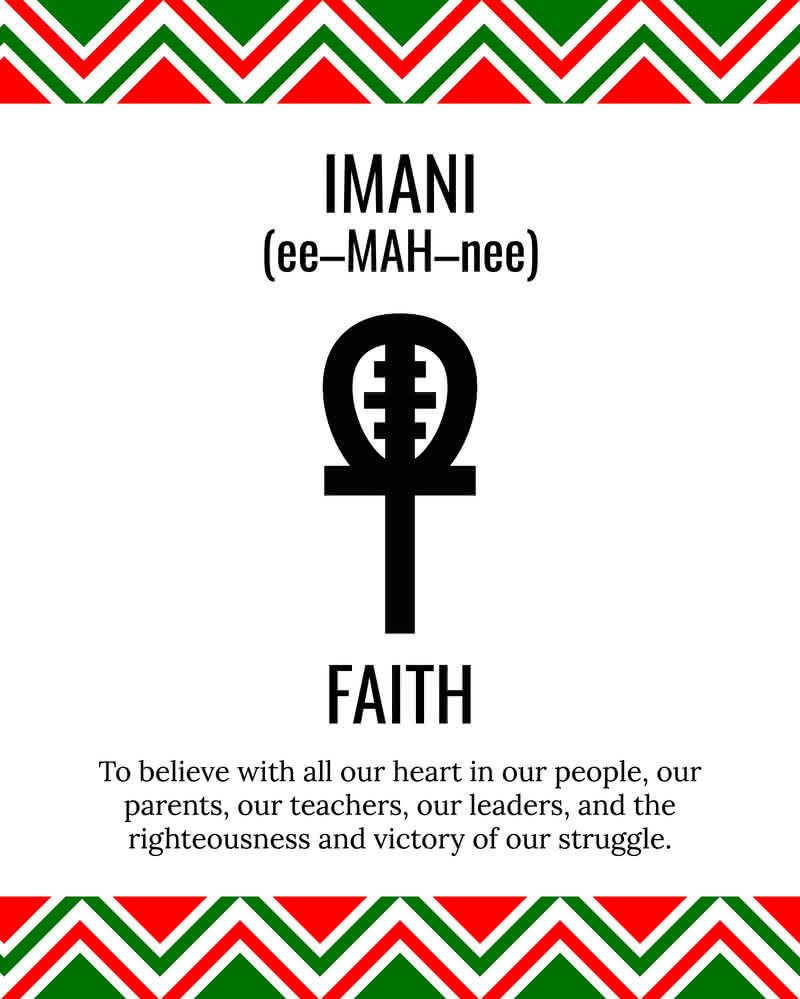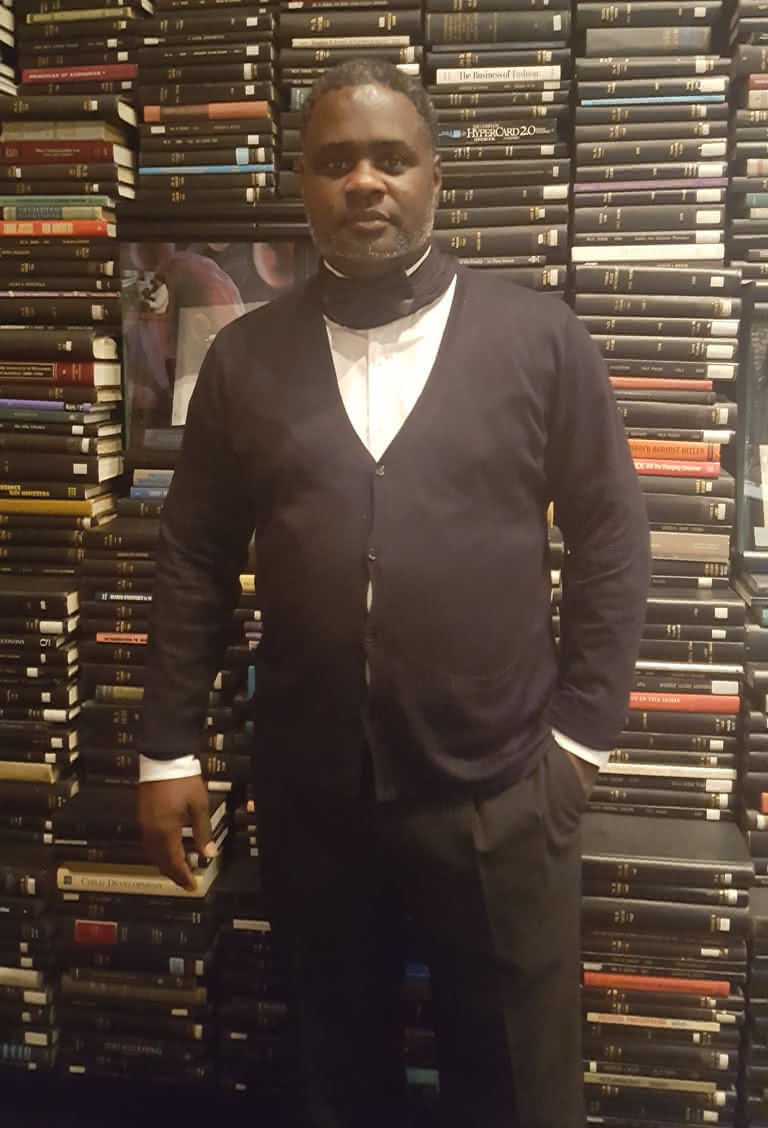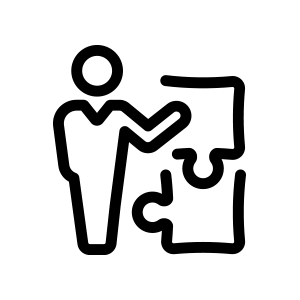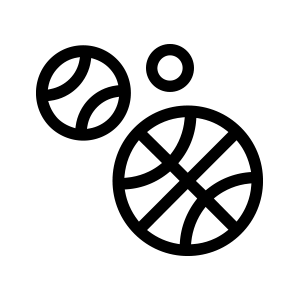Project Imani (ee-MAH-nee)
Nguzo Saba Kwanzaa Principle #7: Day of Meditation. Imani Faith. “To believe, with all our heart, in our Creator, our people, our parents, our teachers, our leaders, and the righteousness and victory of our struggle.”
Project Imani delivers African American culturally specific direct services and advises systems on how to advance the use of African American culturally specific services informed by community involvement and partnership.
Project Imani’s Africentric programming is the transmission of ideas, values, culture and the development of the self-care and the primary functions of socialization. Socialization is the interactive process by which individuals acquire some of the values, attitudes, skills, and knowledge of the society they belong.
Furthermore, Africentric programs place Africa at the center of African American identity. Africentric programming is used to overcome barriers and promote access to services and cultural self-identity.
This identity acknowledgement can be done through the study of African American history. African American boys and girls being proud of being black, dealing with school and/or world concerns, discipline, teacher support, crisis management, transitions for students, and parent involvement along with consistent direct services.
The goals of Project Imani are to:
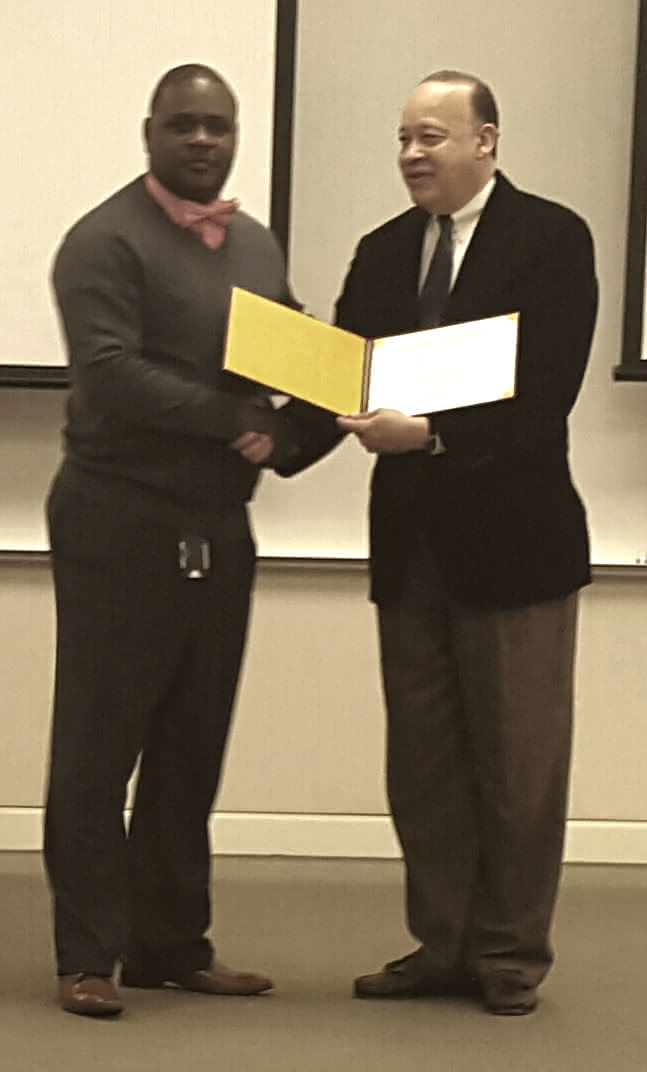
Receiving a Certificate of Completion for the Executive Leadership Institute: Workshop on Race and Policy Analysis, from Dr. Samuel Myers, Roy WIlkins Center for Human Relations and Social Justice, Humphrey School of Public Affairs, University of Minnesota, March 2016

